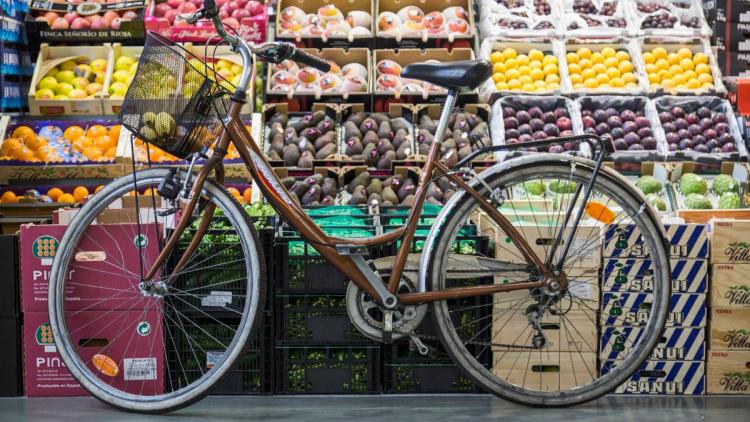Biomarket
The Biomarket is a wholesale organic food market located in Mercabarna. It opened on 23 November 2020, and immediately became the largest organic wholesale market in Spain and in southern Europe. The market emerged as a response to the growing demand for organic produce in Catalonia, and throughout Spain. It has a total surface area of 8,900 m2, and a total of 21 stalls (sixteen 131 m2 stalls for wholesale companies, two 130 m2 stalls for agricultural cooperatives, and three 57 m2 stalls for multi-product companies). There is an area where individual producers can sell their produce, as well as multi-product stalls selling other non-fruit or vegetable products such as legumes and meat. It also houses an office of the Catalan Council for Organic Agricultural Production (CCPAE) to guarantee the certification of products.


